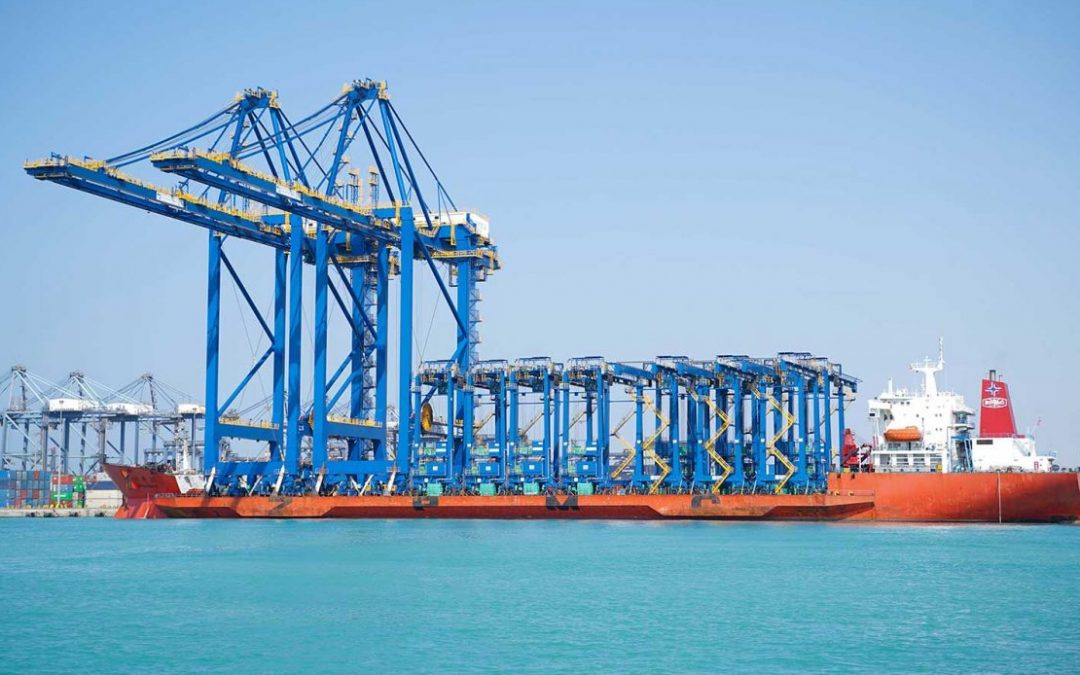India’s exports of low-sulphur diesel to Europe are poised to hit a fresh two-year low in January, after an unprecedented high last month, as Red Sea security risks drive up freight costs, trade sources and analysts say.
Volumes have so far declined by roughly 80% month-on-month to 33,400-58,000 barrels per day (bpd), Kpler, LSEG and Vortexa shiptracking data showed.
Persistently high freight costs would be likely to prompt sellers of India-origin cargoes to look to Asia for buyers soon, which would tighten supplies into Europe even further ahead of refinery maintenance season, traders and analysts say.
Freight rates on the Asia-Europe route have gained more than 30% in the past week to factor in the war risk premium.
“Disruptions in the Red Sea coincide with the start of global refining maintenance season, with U.S. outages projected to peak in February and European overhauls around March,” analysts at shipbrokers Gibson wrote.
Europe’s largest oil refinery – Shell’s SHEL.L Pernis plant in the Netherlands – has begun maintenance that will take half its 400,000 bpd capacity offline until mid-April. ExxonMobil is also shutting its 191,000 bpd Rotterdam refinery for maintenance from mid-February to late April.
The spread between the two front-month European ICE low-sulphur gasoil futures contracts LGOc1-LGOc2 surged to $23 a ton in backwardation on Monday, the highest since mid-December, indicating market expectations of supply tightness.
Analysts at Sparta Commodities said that high freight rates were hindering the opening of an arbitrage from the U.S. Gulf Coast to Europe, an important route for supplying Europe after Asia Pacific and the Middle East.
“The gains witnessed in ICE GO (gasoil) cracks and spreads show resilience and are poised to continue their rise, at least in the short term,” Sparta said.
Cargoes loading from India typically sail to Europe via the Bab-el-Mandeb strait, a route that has become fraught since Houthi attacks on Red Sea ships, driving up freight costs and rendering the arbitrage effectively shut since the first-half of January, said a regional trader dealing with India-origin cargoes.
“The longer voyage distance and time has certainly increased freight costs for delivering cargoes from Asia to Europe, and without sufficiently wide east-west spreads, there is limited incentive for Indian refiners to send more diesel barrels to Europe,” said Vortexa’s head of APAC analysis Serena Huang.
Imports from India have also been curbed by lower average crude runs in January due to minor maintenance at some downstream units at Reliance’s Jamanagar refinery, two trade sources said, citing IIR refinery runs data.
Reliance did not immediately respond to a request for comment.
STURDY JET FUEL
India-origin exports of aviation fuel to Europe, however, have remained steady with an open arbitrage window and stable demand.
Prompt jet fuel swap prices are trading at least $3 a barrel above diesel, equivalent to the additional freight cost premiums, one Europe-based source said.
At least 88,000 bpd of jet fuel for January will likely be bound for Europe, Vortexa and Kpler shiptracking data showed.
“I think it’s open very much,” said an Indian refiner who offers jet fuel export cargoes monthly, referring to the arbitrage window. “But freight has been wild.”
Source: Hellenic Shipping News





